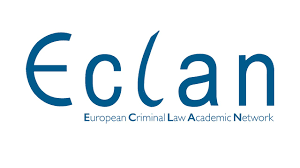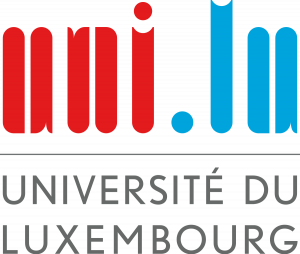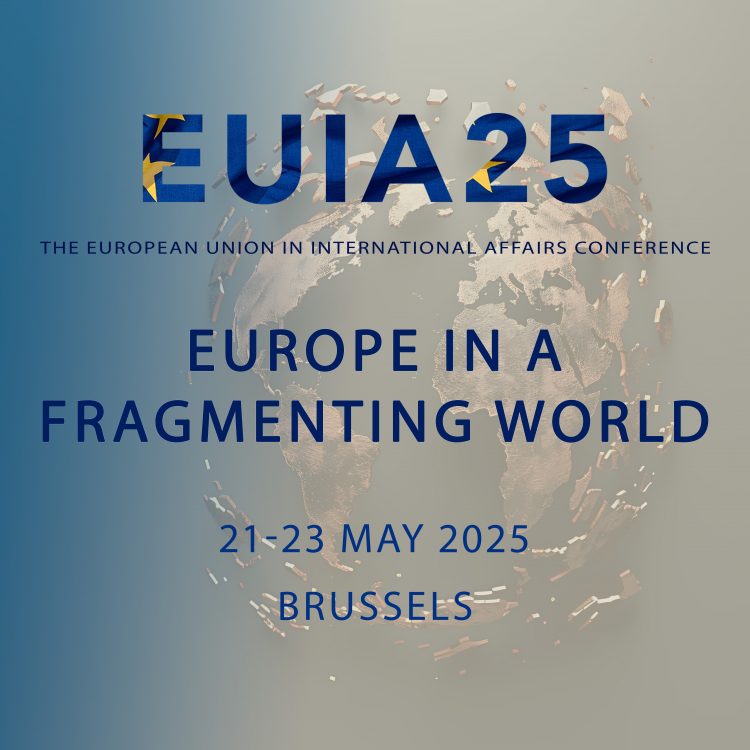The IEE-ULB is happy to announce two opportunities for researchers in the field of European studies: a post-doctoral full time position to research “Conflicts of sovereignty in a European Union in Crisis” and a call for papers for the 8th ECLAN PhD Seminar on European Criminal Justice.
Post-doctoral position to study Conflicts of sovereignty in a European Union in Crisis
![]()
A call for applications for one full-time post-doctoral position is open as part of a collaborative research project between the University of Cambridge and the Université Libre de Bruxelles (ULB) and funded by the Wiener-Anspach Foundation established in Brussels.
The project investigates conflicts of sovereignty within the European Union, focusing on the manner in which traditional conflicts between supranational EU institutions and national sovereignty are increasingly being supplemented by conflicts at the national level between competing notions of sovereignty.
The researcher will join a team under the supervision of a scientific committee (Christopher Bickerton [Cambridge], Nathalie Brack [ULB], Ramona Coman [ULB] and Amandine Crespy [ULB]).
The researcher will be expected to spend one year in Cambridge and another year in Brussels, though not necessarily in that order.
The deadline for submitting applications is the 10th September 2018. The successful candidate will start work on the 1st January 2019 for a duration of 2 years.
Outline of the project: ‘Conflicts of sovereignty in a European Union in crisis’ (SovEU)
Conflicts around sovereignty form the core of the scholarly and lay narratives on European integration. More integration at the EU level is associated with a transfer of sovereignty from nation states to supranational institutions. Resistance to ‘ever closer union’ is taken as evidence of a reassertion of national sovereignty.
This project is premised upon the original hypothesis that the existential crisis faced by the EU over last decade cannot be reduced to a conflict between national sovereignty and supranational institutions but rather the result of conflicts at the national level between different conceptions of national sovereignty, specifically the struggle between popular and parliamentary visions of national sovereignty.
The project will empirically test this hypothesis using three paradigmatic cases: constitutional reform in Poland regarding the rule of law, ratification of the EU Canada Comprehensive Trade Agreement (CETA) in Belgium and the UK’s decision to leave the EU (Brexit).
The project will combine documentary research and process tracing with semi-structured elite interviews and a qualitative and quantitative analysis of the discourse over sovereignty articulated by the relevant parties.
Details about the project and the application procedure can be downloaded on the link below. Find out about opportunities for researchers.
ECLAN Ph.D. Seminar 2018


The European Criminal Law Academic Network announces the 8th ECLAN PhD Seminar on European Criminal Justice to be held in Luxembourg on 25-26 October 2018. The Seminar will be organised by the Faculty of Law, Economics and Finance (FDEF) of the University of Luxembourg.
The ECLAN PhD seminar will provide a friendly environment in which PhD candidates can gain experience in presenting their research, learn from each other’s research and develop contacts with other researchers in their field.
This PhD seminar aims to gather together PhD candidates working in the field of EU criminal law and holding a degree in law, political science or international studies.
This year’s seminar is specifically dedicated to the external dimension of the Area of Freedom, Security and justice and its impact on criminal justice systems. Although the external dimension of the EU’s criminal justice area is increasingly important in practice, it is under-researched by scholarship. Especially in a digitalised and globalised world where it is difficult to localise crime and where national or European criminal policy choices may have considerable outside impact, international cooperation with third countries and transatlantic relations are rapidly gaining in importance.
Topics of relevance here include, inter alia, transnational cooperation in anti-terrorism and in other criminal policy fields, terrorist financing, PNR and data protection, cross-border access to electronic evidence, regional cooperation in the different regions of the world (linked to Mercosur, Asean, etc.).
Details about the call for papers and these opportunities for researchers can be downloaded clicking on the button below.




